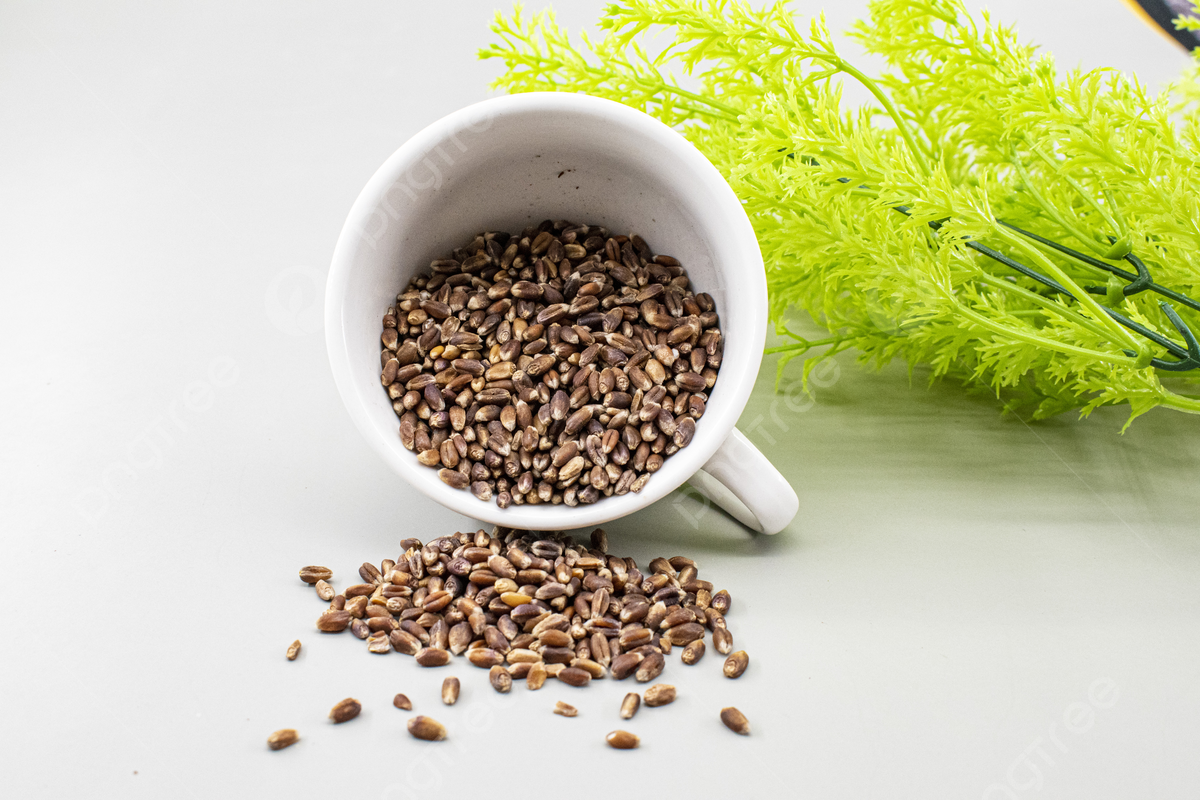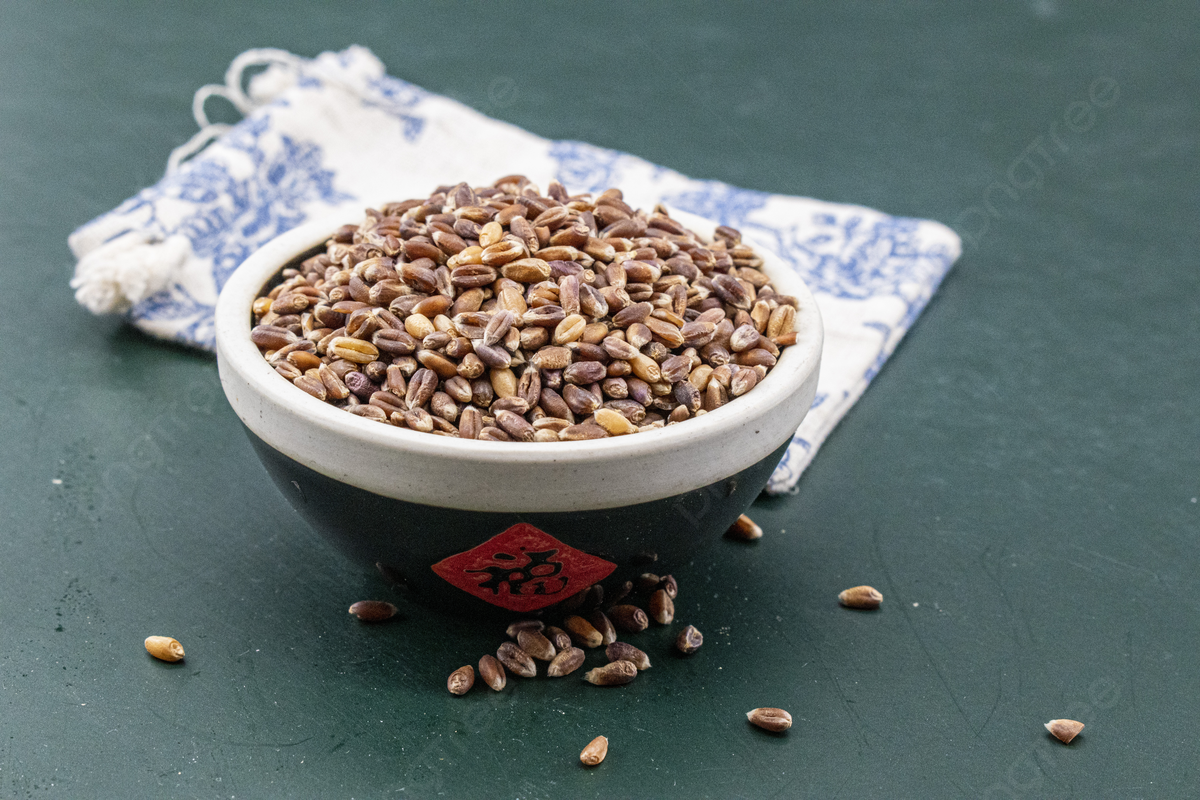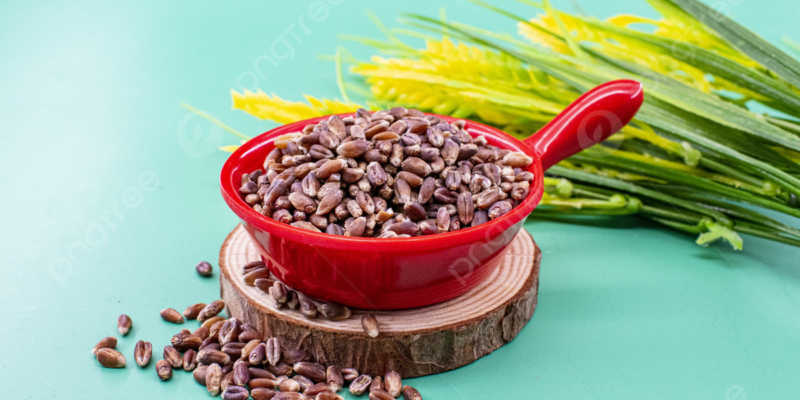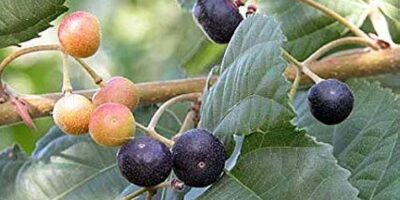Black Wheat Farming: Tired of the same old white flour for your favorite tortillas? Well, here’s some exciting news from the National Agri-Food Biotechnology Institute! They’ve come up with something special variety wheat that is black wheat. It’s not just tasty, it’s also really good for you. Plus, it’s a healthier option and can even help farmers earn more money. So get ready to add some color to your plate!
Think about cereals, and wheat is a superstar. It’s used in lots of different foods like noodles, bread, and more. Since it’s such an important food, scientists are always looking for ways to make it even better for us.
Also Read: Elevating Greenery: The Flourishing World of Terrace Gardening in Urban Landscapes

Nutrient Packed Black Wheat
That’s where black wheat comes in. It’s like a supercharged version of regular wheat. It’s made at the National Agri-Food Biotechnology Institute in Punjab, with help from Dr. Monika Garg. This special wheat has more nutrients, its gluten-free and it’s filled with anthocyanins, which give it its dark color.
What’s So Great About Black Wheat?
Anthocyanins are like superheroes. They fight against diseases and help keep our bodies healthy. They can help with heart problems, cancer, and even aging. Black wheat has way more anthocyanins than regular wheat. But don’t worry, even though it looks different, it still tastes and feels the same when we eat it.
Black wheat is also a winner when it comes to iron and zinc. These are important minerals that our bodies need. Compared to regular wheat, black wheat has more of these good things.
Also Read: Revolutionizing Agriculture: Capsule Seed Cultivation Technique

Nutrient Packed Black Wheat
Making More Money and Staying Healthy:
Even though black wheat grows a bit less than regular wheat, it’s worth a lot more. Farmers can sell black wheat for a higher price, around Rs. 4500 per quintal, while regular wheat sells for about Rs. 1980 per quintal. So, it’s not just good for us, it’s good for the farmer who grows it too!
For farmers, this is a chance to grow this special wheat and earn more money. It’s a chance to try something new and healthy. Swap your usual white wheat for black wheat and enjoy the benefits. It’s a win-win chance for every farmer.
Also Read: Smart Food: The Millet Renaissance in Modern Diets




















